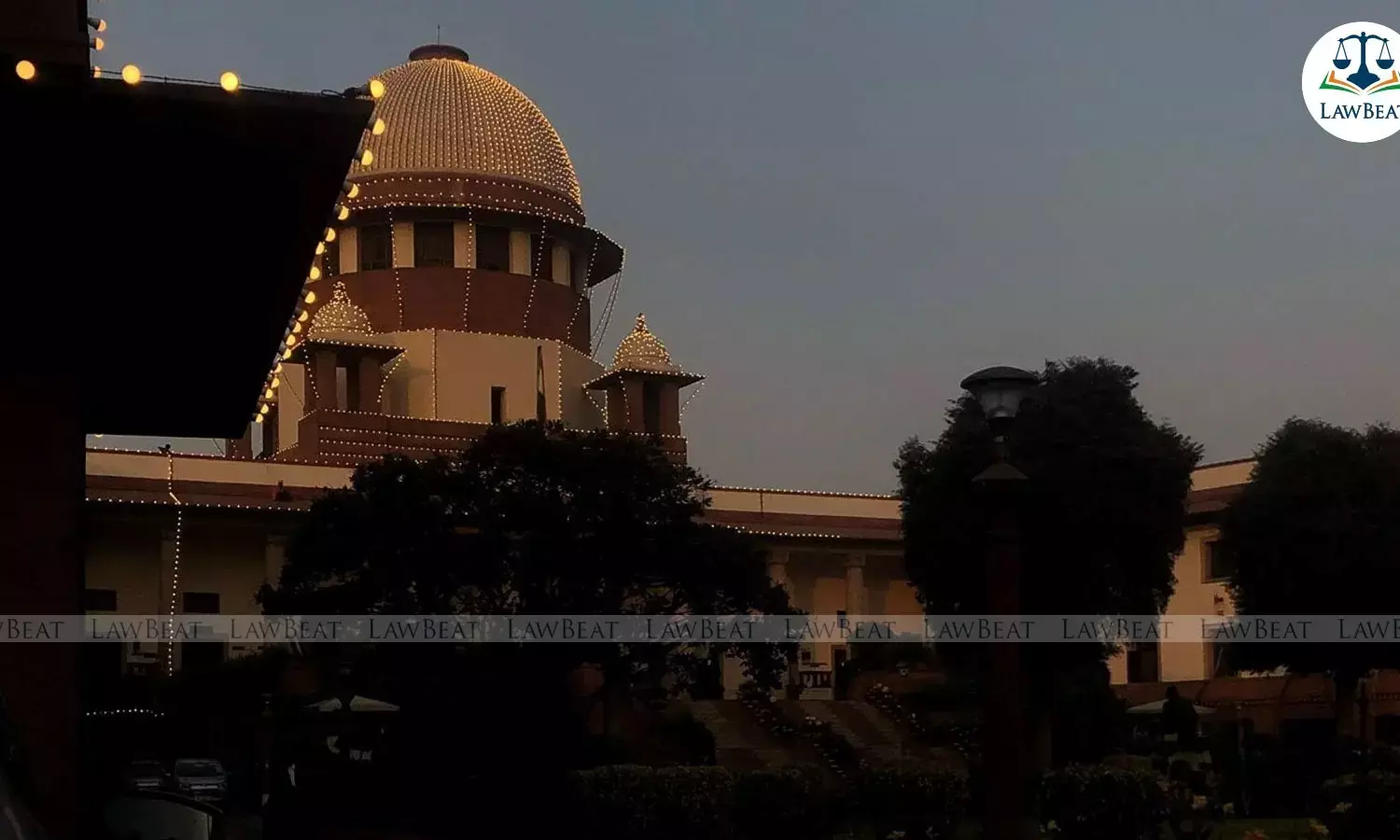SC: Reserved Category Candidates Using Age Relaxation Cannot Claim General Seats Where Rules Bar Migration

Supreme Court clarifies rule on reserved category candidates availing age relaxation and eligibility for general seats
The Supreme Court on September 9, 2025 held that reserved category candidates who have availed relaxation in age or fees cannot be considered for appointment in the unreserved category seats if the applicable recruitment rules specifically bar such migration. The Court clarified that the entitlement of a reserved category candidate to be appointed against an open category vacancy, despite securing higher marks than the last selected unreserved candidate, depends on whether the governing rules permit such a migration.
A bench of Justices Surya Kant and Joymalya Bagchi ruled that where there is no express prohibition in recruitment rules or employment notifications, a reserved category candidate who secures a score higher than the last selected unreserved candidate would be entitled to be considered in the general category. However, if the rules contain an embargo, the candidate will be restricted from migrating to unreserved seats.
The judgment came in an appeal against the orders of the High Court dated October 12, 2018 and February 26, 2019, which had allowed reserved category candidates belonging to the Other Backward Classes to be considered under the general category despite having availed age relaxation in the recruitment process.
The High Court, while relying on the decision in Jitendra Kumar Singh & Anr v. State of Uttar Pradesh & Ors (2010), had held that denying migration of candidates to the unreserved category, even though they secured higher marks than the last general category candidate, would run contrary to merit-based recruitment and the equality guarantee under Article 14 of the Constitution. The High Court reasoned that concessions in fees and age are only in aid of reservation and do not disturb the level playing field once candidates appear in the open competition.
The case arose from the Staff Selection Commission’s recruitment process in 2015 for the posts of Constables (GD) in BSF, CRPF, ITBP, SSB, NIA and SSF and Rifleman in Assam Rifles. OBC candidates were granted a three-year age relaxation to participate. The writ petitioners had scored marks lower than the last selected OBC candidate in certain departments but higher than the last selected general category candidate. On this basis, the High Court directed that they be considered in the unreserved category.
The Union Government challenged this view, relying on an office memorandum dated July 1, 1998. The memorandum provided that SC, ST and OBC candidates who availed relaxation in age, experience, qualification or number of chances in examinations would not be eligible for unreserved vacancies. The High Court dismissed a review petition, prompting the appeal to the Supreme Court.
The Supreme Court observed that the respondents had availed age concession to participate in the recruitment process and the applicable office memorandum of 1998 expressly barred migration to unreserved seats in such circumstances. Accordingly, the High Court was not correct in applying the ratio of Jitendra Kumar Singh. The Court clarified that the decision in Jitendra Kumar Singh was based on the interpretation of the Uttar Pradesh Public Services (Reservation for Scheduled Castes, Scheduled Tribes and Other Backward Classes) Act, 1994 and related government orders, and cannot be treated as a universal principle applicable to all recruitments.
The bench emphasised that the ratio of any judgment must be understood in the context of its facts. Since the writ petitioners had participated in the recruitment process without challenging the validity of the 1998 memorandum, they were bound by its terms. The High Court erred in mechanically applying Jitendra Kumar Singh without considering the factual distinctions and the specific bar created by the memorandum.
The Court also referred to Deepa E.V. v. Union of India & Ors (2017), where it was held that the principles laid down in Jitendra Kumar Singh were inapplicable to a recruitment process governed by the 1998 memorandum which prohibited migration. Similarly, in Gaurav Pradhan & Ors v. State of Rajasthan & Ors (2018), a coordinate bench had ruled that general observations in Jitendra Kumar Singh could not assist reserved category candidates who had availed age relaxation to seek appointment in the unreserved category.
Allowing the appeal, the Supreme Court set aside the High Court’s judgments and restored the effect of the office memorandum of 1998, holding that the writ petitioners were not entitled to migrate to the general category as they had availed age relaxation.
Case Title: Union of India & Ors v. Sajib Roy
Bench: Justices Surya Kant and Joymalya Bagchi
Judgment Date: September 9, 2025
